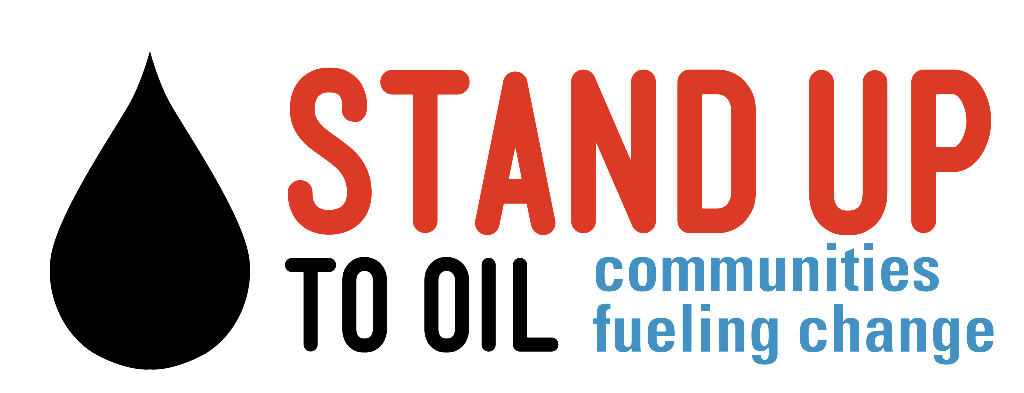Concerns raised on health, economic, and environmental impacts of more oil trains, tankers
Anacortes, WA – Today marked the end of the comment period on the draft Environmental Impact Statement for Shell Oil’s proposed crude oil by rail expansion of their Anacortes refinery.
At three hearings (in Mount Vernon, Anacortes, and Lynnwood), testimony was dominated by opponents of the expansion. Hundreds of people spoke up to voice their concerns, while supporter’s numbers were in single digits.
The Anacortes refinery expansion would result in more crude oil trains traveling through Spokane, along the Columbia River, under downtown Seattle, and along Puget Sound.
“I want our home to be a safe place to live, work and play for our families, friends, children and grandchildren. I don’t want to see it put at risk by dangerous exploding oil trains traveling through the heart of Skagit County,” said Ginny Wolff from Protect Skagit. “I’m a retired physician and I can think of no greater public health threat than transporting this explosive oil by rail when no way has been found to reliably prevent the trains from exploding and spilling oil if they derail.”
Online, tens of thousands of comments poured in, voicing concerns on impacts ranging from health, safety, economic, and environmental concerns.
This week saw a series of challenges for fossil fuel proposals in the Northwest. Elections seen as referendums on oil and coal were won by opposition voices in Vancouver, WA and Whatcom County. The City of Portland, OR unanimously passed a resolution opposing projects that would increase oil train traffic through the Columbia River Gorge and the Portland metro area.
“These thousands of comments, the Portland resolution, and election results are all part of a surge of energy against oil and coal projects from communities across the Northwest. In the last few months, we’ve seen thousands of people stand up against new oil terminals. The message is clear – the impacts of oil trains and the risks of oil spills are too great; Northwesterners don’t want it here,” said Rebecca Ponzio, director of the Stand Up To Oil campaign.
If the current crude export ban is lifted, and proposed new and expanded oil terminals in Anacortes, Vancouver, and Grays Harbor were built, the Northwest could see a surge in the number of oil tankers in waterways like the Columbia River, Washington Coast and Puget Sound. The oil would be a throughway for oil bound for overseas market.
###
